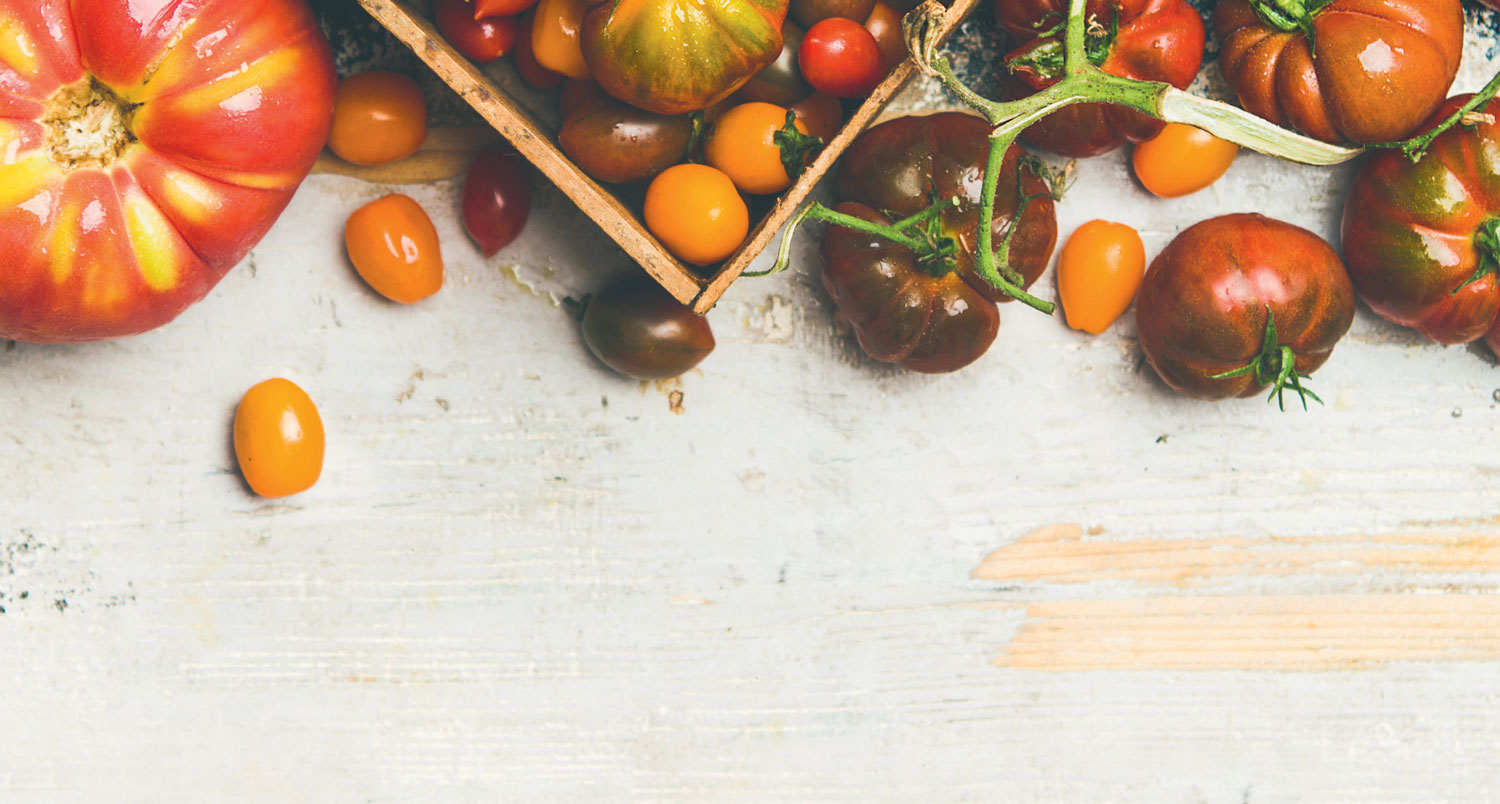Fresh Thinking for Foodpreneurs
It’s no secret that the COVID-19 pandemic has presented a tremendous economic challenge to food and drink businesses. However, the fact remains that people will always want and need good food. We will get through these tough times.
Amidst the gloom of shuttered stores and struggling staff, we’ve seen a few bright sparks—restaurants partnering with farms to sell produce, the local adventure food company whose business has swelled, and a travel company that turned its vehicle fleet into a food delivery network. Opportunities sprout from disturbed ground.
It comes down to this: don’t shelve that idea just because times are hard. People are more interested than ever in local, sustainable, high quality food. This may be the perfect time to build a hearty, resilient food business.
So whether you’re sitting at home in your quarantine suit planning that new business or already schlepping street food faster than a toilet paper shopper in March, it’s always a good time to revisit your food business plan for improvements. Here are some helpful tips for growing your food business.
FRESH stands ready to help with food system consultation, networking assistance, or sharing job announcements. Bottom line: we love you and want more delicious food in this world. We got this, Alaska!
1. Be Proactive—Setting up systems in the beginning can save you a lot of time down the road and make tracking your progress so much easier. If you’re already up and running, do an audit or organize that Google Drive that’s been holding your entire brain for years.
2. Seek help—You don’t know it all. We don’t know it all. No one knows it all. Hiring a consultant may be too expensive but know that free resources DO exist for just about everything. Ask about free software trials, ask for connections, go to networking events. Be loud about what you need. Reach out to your local Small Business Development Center to know your options and receive a free consultation (https://aksbdc.org/ ).
3. Make some allies—Sharing is caring and sometimes survival. Join an online business group or find a local professional association. If you can’t afford processing equipment, see if you can share with another business. Can’t build a commercial kitchen right now? Seek out licensed shared kitchen space through the Department of Environmental Conservation (https://dec.alaska.gov/).
4. Use feedback—Plan for ways to collect feedback and use it to your advantage. Ask customers, track your service calls, do social media polls, host live Q&A sessions. Warning, this requires thick skin so be ready to hear the good with the bad.
FRESH and this content are supported in part by the Walter J. Hickel Professorship for Strategic Leadership & Entrepreneurship at Alaska Pacific University.
Get FRESH
The Food Research, Enterprise, and Sustainability Hub (FRESH) was created to better connect food systems resources in the Circumpolar North. FRESH supports a wide variety of food systems research, education, consulting, event support, and networking services. If you have a need within your food business or nonprofit, we’re here to help. The FRESH team’s collective experience includes 30+ years of food systems work.
FRESH can help you
• Make connections
• Facilitate food events
• Research and write about food
• Build food classes and curriculum
• Help communities plan their foodways
• Write grants
• Evaluate existing programs
• Create a plan for your business
Ways to connect
Visit: freshnorth.org
Email: hello@freshnorth.org
Facebook: @FRESHofthenorth
Instagram: @freshofthenorth
Listen and call in to The Polar Potluck Radio show https://www.freshnorth.org/the-polar-potluck






